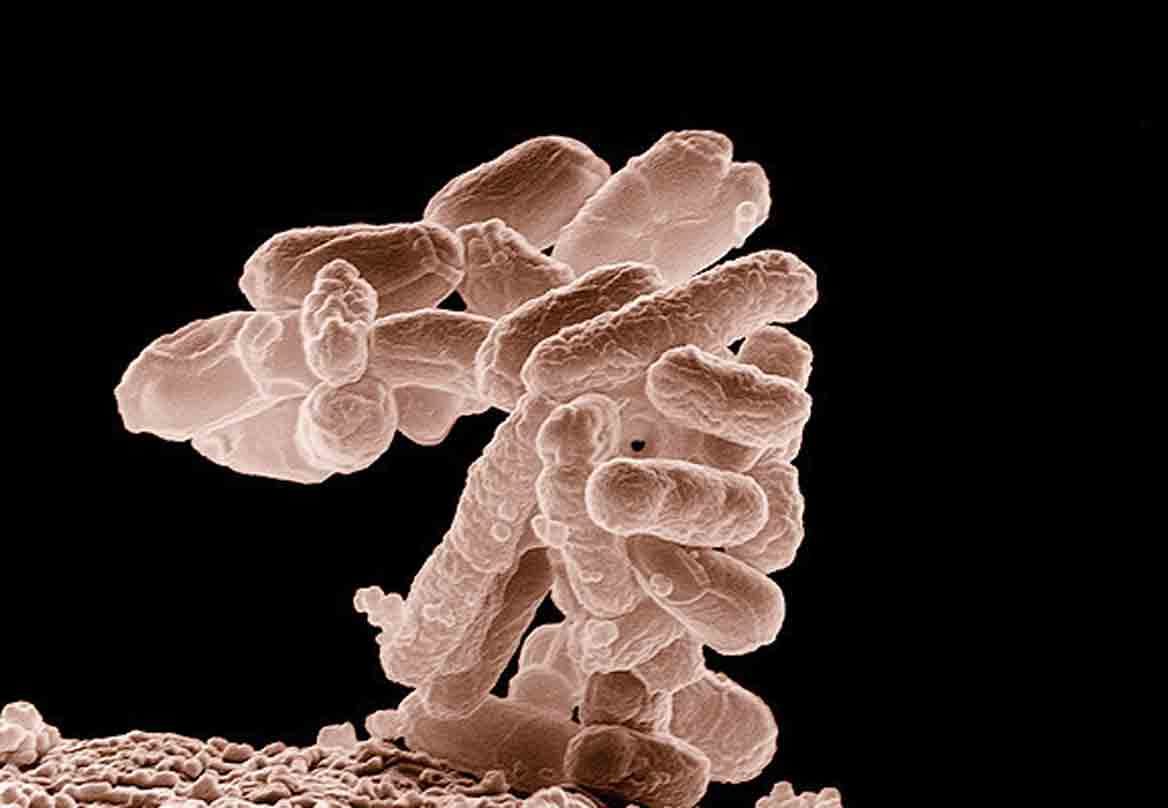E. coli bacteria live in the intestines of humans and animals. Most strains are harmless but some produce a poison called a Shiga toxin which can cause serious illness and death. In the U.S., the most commonly diagnosed Shiga toxin-producing E. coli (STEC) is E. coli O157:H7. But non-O157 STEC also cause illness.
A group known as the “big six,” which includes O26, O111, O121, O45, O145 and O103, accounts for about 75 percent of all STEC illnesses in the U.S. People who contract these infections can develop a life-threatening complication called hemolytic uremic syndrome (HUS), a form of kidney failure.
It is easier to identify O157 than it is to identify O103 and other “big six” E. coli. Because identification is difficult, E. coli O103 infections are most likely underreported. Still, there have been a number of recent outbreaks.

E. coli O103 Outbreaks
-
- 2020 Jimmy John’s clover sprout E. coli outbreak – An E. coli O103 outbreak linked to clover sprouts sold by Chicago Indoor Garden and Jimmy John’s ended after sickening 51 people in 10 states. Three people were hospitalized.
- Iowa outbreak connected to sprouts used at Jimmy John’s and sold at Hy Vee and Fareway – In 2019, An E. coli O103 outbreak was linked to clover sprouts produced by Marion, Iowa company Sprouts Unlimited and sold at Hy Vee and Fareway grocery stores and served at Jimmy John’s restaurants.
- Northfork Ground Bison E. coli Outbreak and Recall – In 2019, an E. coli outbreak linked to Northfork ground bison sickened 33 people in eight states,18 were hospitalized. On July 16, 2019, the Centers for Disease Control and Prevention (CDC) announced the outbreak and Northfork Bison Distributions, Inc. of Saint-Leonard, Quebec, Canada, issued a recall for ground bison products sold to restaurants and at grocery stores. Two strains of E. coli were associated with this outbreak, E. coli O103 and E. coli O121.
- May 2019 Outbreak in Kentucky – An E. coli O103 outbreak linked to fast food has sickened at least 19 in Kentucky. The source is still being investigated.
- A 2019 10-state ground beef E. coli O103 outbreak linked to ground beef sickened 209 people, two of whom developed hemolytic uremic syndrome (HUS), a form of kidney failure that can be fatal. The people sickened said that before they became sick, they ate ground beef at home or at restaurants. The outbreak strain E. coli O103 was found in ground beef collected from one of those restaurants. Two companies that sold ground beef to that restaurant and others issued recalls.
- Outbreak in a Nursery School – An E. coli O103 outbreak in a nursery school sickened at least 3 children. The source of the outbreak was not determined.
- Outbreak Linked to Sausage – During the spring of 2006, a national outbreak caused by Shiga toxin-producing Escherichia coli (STEC) O103: H25 was investigated in Norway. Genetic testing proved that isolates from one particular type of fermented sausage “morr sausage 1” were identical to the isolates from the outbreak victims. Samples of sheep meat that were linked epidemiologically to meat used for sausage production also contained isolates identical or closely related to patient strains.